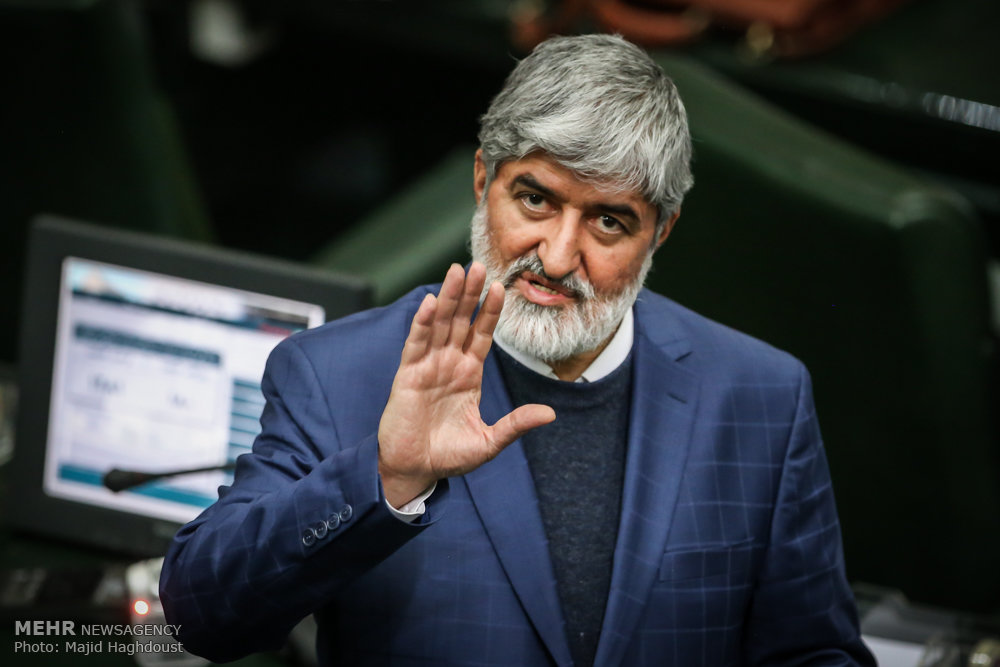No haj compromise unless Riyadh pays restitution to Iran: senior MP

TEHRAN – Iranian Parliament Vice-Speaker Ali Motahari said on Wednesday re-launching haj should be deferred until Saudi Arabia has paid restitution to the families of Iranians who lost their lives during a 2015 haj crush.
During the haj stampede in Mina in September 2015, 464 Iranian pilgrims lost their lives and dozens more wounded, what came to be the deadliest disaster to befall the annual pilgrimage in 25 years.
“No agreement should be reached on haj without Saudi Arabia accepting to pay blood money to the families of the Iranians killed in the Mina disaster,” Motahari stated.
“We have preconditions,” he added.
The top lawmaker, however, stressed Tehran’s better off if it accepts a haj invitation from Riyadh as the initiative signals some sort of flexibility in Saudi Arabia’s policy.
Iran’s Foreign Ministry rejected on Monday receiving a haj invitation from Saudi Arabia after Riyadh claimed so, yet said it would welcome a reconciliatory move.
In addition to resolving disagreements over the 2015 stampede, Iran can demand the Saudi side pay restitution for a tragedy in July 1987 when 400 Iranian nationals were killed as the Saudi police opened direct fire at the haj pilgrims for shouting “Death to the U.S.” and “Death to Israel.”
“We can ask the Saudi side to pay blood money for 400 Iranians who lost their lives in the 1987 haj rituals,” the parliamentarian underscored.
Ever since the incident, Riyadh has declined to cooperate with Iran on the issue, though Tehran has proposed initiatives to mend the fences over the impasse.
In objection, Tehran canceled haj in 2016, threatening it would take the case to an international arbitrary court out of frustration with rounds of fruitless negotiation with the Saudi haj officials.
Bilateral relations between the two regional powerhouses has already come under strains when Riyadh’s diplomatic posts in Tehran and Mashhad were stormed, itself a result of Saudi Arabia executing 47 people in a single day, including a dissident Shiite cleric.
Nimr al-Nimr had repeatedly spoken out against the government and the Saudi royal family.
To the list of animosities, one has to add differences over what is going on in Syria and Yemen.
While Iran backs the Syrian government and throws support behind the Yemeni resistance movement, Saudi Arabia demands President al-Assad step down and accuse Tehran of waging a proxy war in Yemen.
AK/PA
Leave a Comment